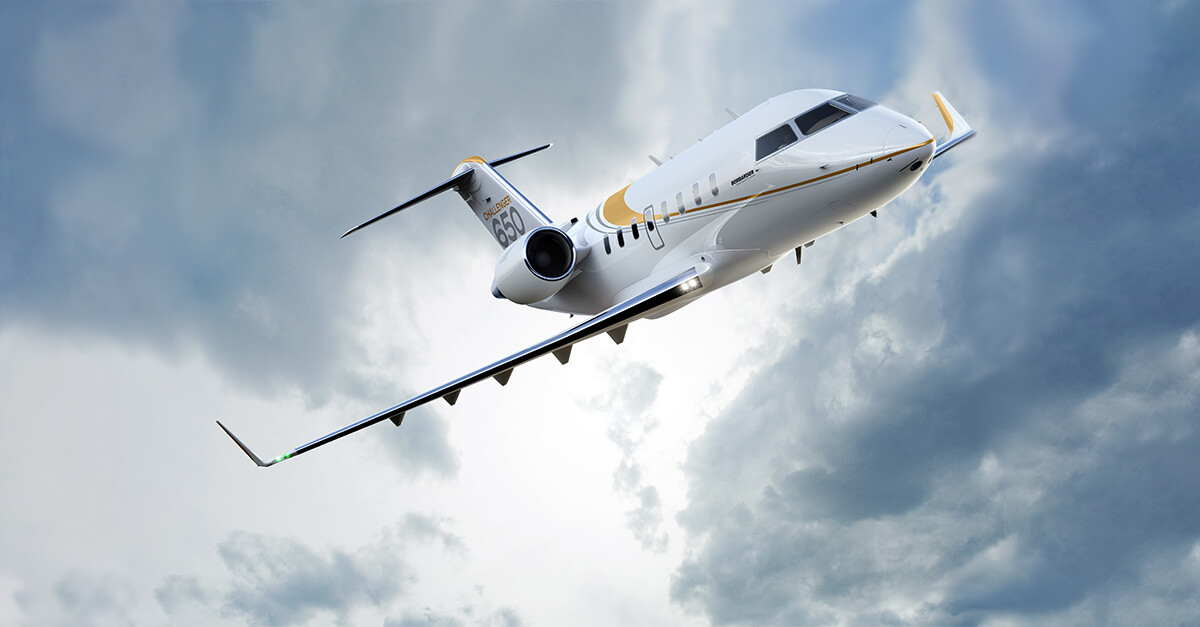
Jan 2, 2020
Despite heightened security procedures implemented over the years, the process of re-entering the United States from a foreign country generally lies with adhering to common sense requirements and educating passengers and crew on what is allowed into the country, and what is prohibited.
While it’s generally known that business aviation flights returning from abroad must land at certain U.S. airports to clear Customs and Border Protection (CBP), passengers may not be aware that certain items onboard face additional scrutiny, or that they may even require heading to specific airports for disposal.
At the top of the “gotchas” list are some catering staples, including fruits and vegetables and pork products. The U.S. Department of Agriculture (USDA) and CBP each maintain lists online of these items and others that are prohibited from entry into the U.S.
“Fortunately, most catering companies and FBOs are savvy to what is allowed and what is not,” said Laura Everington, senior manager of government and industry affairs for Universal Weather & Aviation. “Where we often run into difficulties is with seasonal trips, such as hunting trips returning internationally with seafood, venison or other meats.”
Garbage is another important consideration. “Only certain airports are approved by CBP and the USDA to accept international trash,” said Sarah Wolf, NBAA’s senior manager of security and facilitation. “Refuse must be packaged up on the aircraft and taken to a garbage processing location, typically an incinerator, for proper disposal.”
There is an exception to that rule, however. “The only trash coming into the country that is not regulated and does not need to be inspected or disposed of, is from Canada,” Everington said. “However, the flight must have either originated in Canada or have been completely de-catered there.”
There are efforts underway to make these processes simpler, including a recent catering preclearance trial at Ireland’s Shannon Airport (EINN), which is supported by NBAA. This program would significantly increase the number of available airports for operators heading to the U.S. since nearly any airport, not just those with international garbage handling, could be utilized, noted Wolf.
Everington emphasized the importance of establishing proper communication with CBP sooner rather than later about any questionable items onboard your flight.
“When in doubt, ask – and, ideally, that conversation happens when setting up landing rights to enter the country,” she said. “Any questions about what can come in and what must be left behind can be settled then; that’s the opportunity to get it all out there so you’re not surprising them about anything.”


 International Business Aviation Council Ltd.
International Business Aviation Council Ltd.